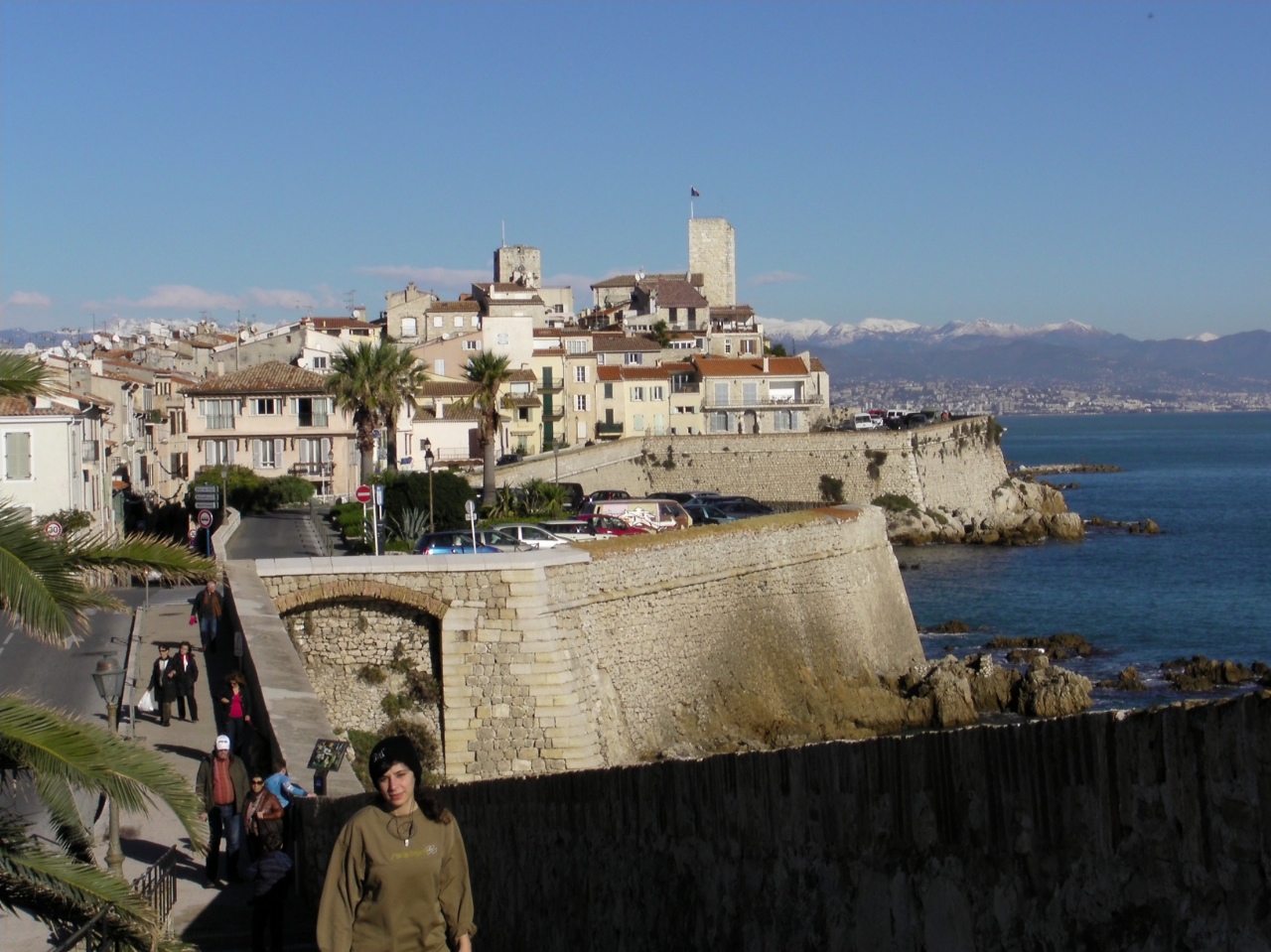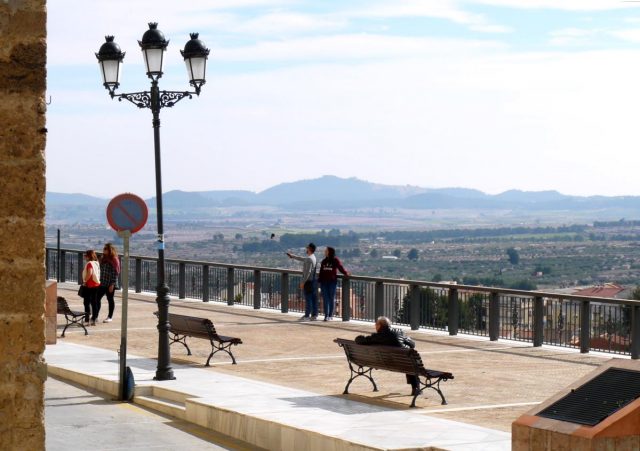
In addition to the obvious travel documents like passport and possibly a visa, a trip to Europe usually requires preparing a few more things. Here are the key items that you should already have with you when you hit the European soil, or you know where to get what you need and how.
Phone
If you have a 4G or 5G phone, you are good to go. In some countries, for instance, in northern Europe operators are already shutting down 3G networks. Verify that roaming on the phone is activated (if you want phone calls and messages to work). Roaming can be expensive, so make sure you are aware of those extra charges, or read the next section about SIM cards.
Internet connection and SIM cards
Your phone should connect to the internet in Europe when roaming is enabled, but if you are a heavy user of internet consider the following. International roaming tends to be costly, which is why a local prepaid SIM card can dramatically reduce your travel costs. If you purchase a SIM card in an EU country, make sure the card allows roaming. For the local SIM card, there are no extra roaming costs when you travel from an EU country to another. Where do you insert the local prepaid SIM card? I have been using a small battery powered portable Wi-Fi router for 10 years, and can recommend a product like it for travelers. The Wi-Fi router can connect your phone, laptop, tablet, or any other Wi-Fi device to the internet.
Cyber security
One of the most practical cyber security tools for travelers is a VPN (Virtual Private Network) service. It is a technique to encrypt your internet communication that also comes with a useful secondary feature when you are on the road. Online services, like Google Drive or Microsoft Office, social networks and other cloud services tend to suspect foul play when you login to your account from other country where you usually are. Some services can make the login from another country so difficult that it may require a phone call to helpdesk or writing a message to support and waiting a day or two for an answer. VPN can hide your real location by allowing you to select the network route for your internet traffic. It means you can choose the (internet) country where you are. This way you can make the online service believe you are still in your home country, avoiding unnecessary extra trouble and potential account lock down.
Power plug adapter
If your electronic devices have power plugs used, for instance, in the UK or in the US, you will need an adapter to connect to European power sources. The common plug type in Europe is two round pins.

Driving
If you intend to drive in Europe, and roll on along highways, you will save a lot of time and unpleasant surprises if you study the toll road system in each country you plan to visit. Here is a page where you can start. The actual tolls you will pay either on location or online just before you enter a country. If you are planning to arrive by air, and rent a car at the airport to get to the nearest city, think again. City centers tend to be congested, parking space usually difficult to find, and moving around in a city that you don’t know thoroughly is simply easier by other means.
Train trips
Railways are being renovated and extended in Europe as travelers are looking for sustainable travel methods. There are even big Europe-wide plans to create a uniform ticketing system for cross border train trips, but we are not there yet. Taking a train from an airport to a nearby city is an easy task that doesn’t require preparations, but if you are planning to travel to other cities or countries by train, it is time study. Take a look at Eurail passes that is your universal ticket to trains in European countries. Interrail is a similar pass for Europeans.
Language backup plan
Almost every country in Europe has its own language, and some countries have multiple official languages. Even though French used to be the universal language in the past, even they have to admit that now, English is the default language to try if a visitor doesn’t know the local language. Places with a history in tourism can provide the essential services to English speaking travelers, but still, not everyone knows the basics of English. For those situations you should have a backup plan. For instance, I have seen English expats in Algarve using translator apps on their phones to successfully explain what kind of paint they wanted to buy in a hardware store. They spoke English to the app, and it read the spoken sentences aloud in perfect Portuguese.
Payment cards
It doesn’t matter if you have a credit or a debit card, the important thing is the have two different ones. Perhaps the other one is Visa and the other one Mastercard, and they are from different banks as well. This will greatly improve your chances of being able to pay a small or large purchase if the vendor’s payment system refuses a card for whatever reason. No matter how many payment cards you carry, always have local cash as well. Fortunately, most countries that are members of the European Union have the same currency, Euro, but not every European country is a member of EU.
